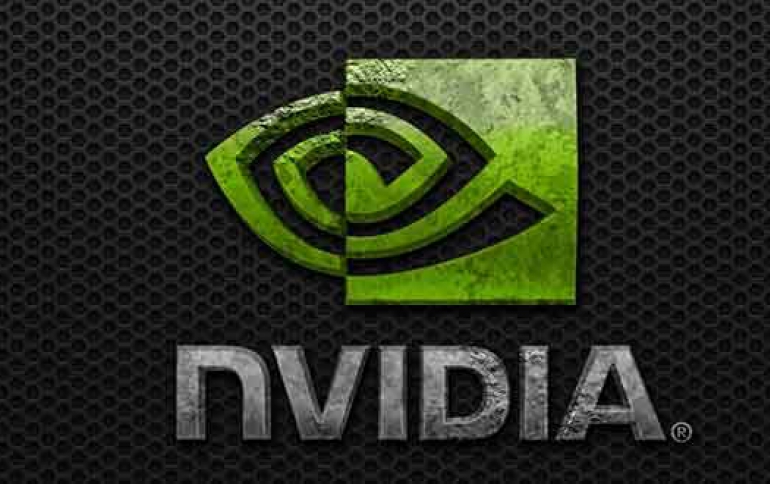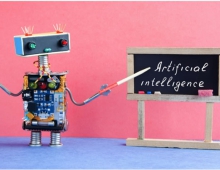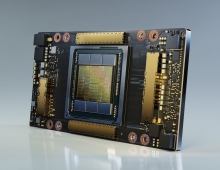
NVIDIA To Offer Deep Learning Training to Developers
To meet demand for expertise in the field of artificial intelligence (AI,) NVIDIA today announced that it plans to train 100,000 developers this year through the NVIDIA Deep Learning Institute.
Announced at NVIDIA's GPU Tech conference, the plan is meant to eventually make NVIDIA the first resort for developers creating apps that use AI as a key component.
The institute has trained developers around the world at public events and onsite training at companies such as Adobe, Alibaba and SAP; at government research institutions like the U.S. National Institutes of Health, National Institute of Science and Technology, and the Barcelona Supercomputing Center; and at institutes of higher learning such as Temasek Polytechnic Singapore and India Institute of Technology, Bombay.
In addition to instructor-led workshops, developers have on-demand access to training on the latest deep learning technology, using NVIDIA software and Amazon Web Services (AWS) EC2 P2 GPU instances in the cloud.
NVIDIA is broadening the Deep Learning Institute's curriculum to include the applied use of deep learning for self-driving cars, healthcare, web services, robotics, video analytics and financial services. Coursework is being delivered online using NVIDIA GPUs in the cloud through Amazon Web Services and Google's Qwiklabs, as well as through instructor-led seminars, workshops and classes to reach developers across Asia, Europe and the Americas. NVIDIA currently partners with Udacity to offer Deep Learning Institute content for developing self-driving cars.
Deep Learning Institute hands-on labs are taught by certified expert instructors from NVIDIA, partner companies and universities. Each lab covers a fundamental tenet of deep learning, such as using AI for object detection or image classification; applying AI to determine the best approach to cancer treatment; or, in the most advanced courses, using technologies such as NVIDIA DRIVE PX 2 and DriveWorks to develop autonomous vehicles.
Generally, the challenge of Deep Learning is that it's just hard to get started and figuring out how to fit it into traditional app development. Nvidia is trying to get a wider set of developers trained on how to fit machine learning (ML) into existing development programs. Nvidia's edge is that Machine learning performs better with an accelerator like a GPU, rather than relying just on the CPU.
The upshot for Nvidia's Deep Learning Institute is to accelerate the use of DL in real programs and, thereby, sell more GPUs in the long run.
Other chip vendors like Xilinx also promote FPGAs for the deep learning space.
But FPGAs are still more complex to program for ML. There can be benefits to using an FPGA, but GPUs are commonly available and instantly usable. GPUs are also multi-functional. They can be used for running the display, as well as running ML.





















